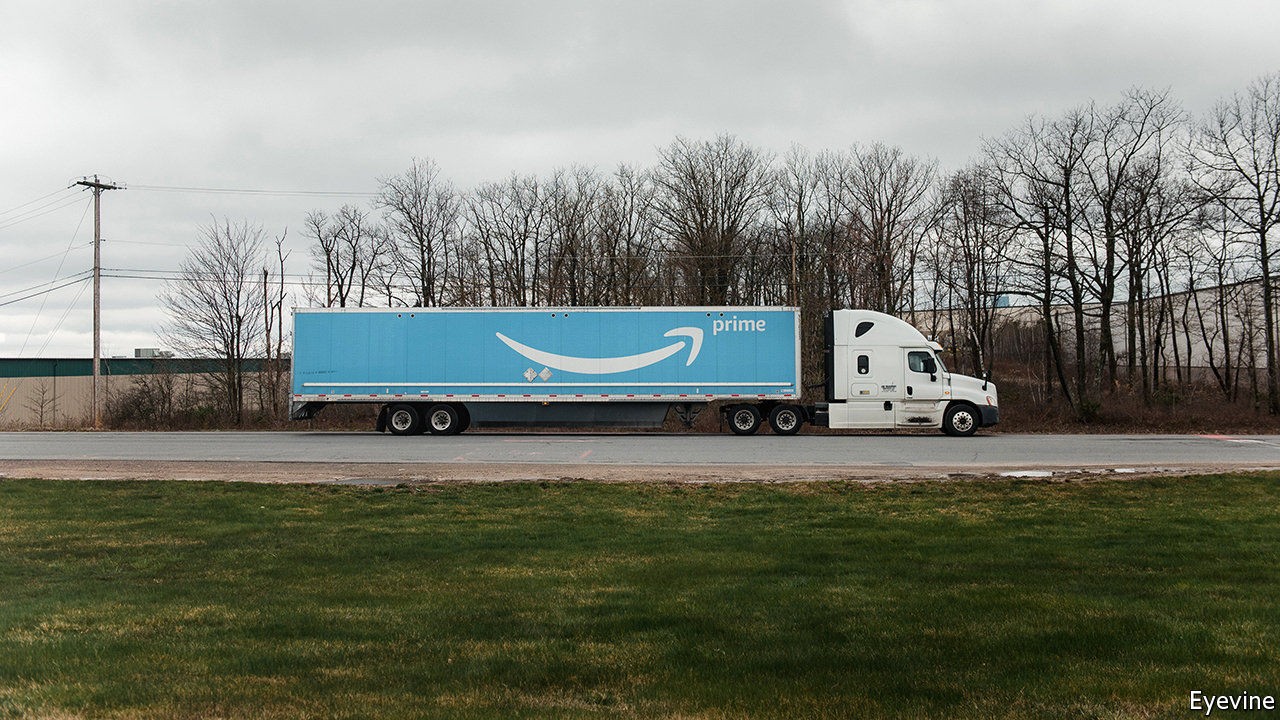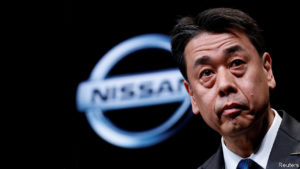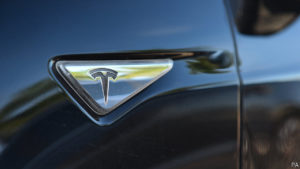https://www.economist.com/node/21792655?fsrc=rss%257Cbus

Antitrust cases over past behaviour have proved mostly ineffectual. So regulators are turning their attention to forward-looking rules
ANY DAY now America’s Department of Justice (DoJ) will file a lawsuit against Google, accusing it of abusing its monopoly in online search. It will be the first big antitrust case in technology since the DoJ went after Microsoft in 1998. Expect William Barr, the attorney-general, to flaunt this as proof that the Trump administration is uncowed by big tech.
Political posturing notwithstanding, the lawsuit will be no Google-slayer. Few states are likely to join the case. The firm’s broader advertising business will probably not be targeted. If the Microsoft trial is a guide, the ordeal will drag on for years and be distracting for Google. But it is likely to end in a forgettable settlement—even under a President Joe Biden.
Potentially more consequential tech regulation is on the boil elsewhere, however. Many policymakers see antitrust suits filed after the fact (“ex post”) unfit for purpose in fast-moving tech markets. They are pushing for “ex ante” rules that would, as in other industries, constrain online platforms upfront. On October 6th a Congressional committee published a 449-page report on how America should update its competition law. Days earlier a laundry list of rules to be included in the EU’s Digital Services Act, an ambitious regulatory package expected in early December, was leaked. Will these efforts be more successful than old-school competition remedies?
Start with the report, the result of a 16-month probe by the House of Representatives, led by David Cicilline, a Democrat. Despite America’s polarised politics, much of the diagnosis enjoys bipartisan support. The report “accurately portrays how Apple, Amazon, Google and Facebook have used their monopoly power to act as gatekeepers to the marketplace”, wrote Ken Buck, echoing many fellow House Republicans.
Predictably, the two parties disagree on what to do about it. Democrats want big tech firms to separate their main line of business from other activities. For example, Amazon could no longer sell wares under its brands on its marketplace, where it allegedly gives itself preferential treatment, including better placement in search results. Republicans reject such measures as too interventionist and propose to tweak existing antitrust laws.
Amazon disputed the report’s findings. “The presumption that success can only be the result of anticompetitive behavior is simply wrong,” it said. Apple, Facebook and Alphabet, Google’s parent company, issued statements to similar effect. Still, for anything meaningful to pass in Congress, next month Democrats must win not just the presidency but also, more fancifully, a big Senate majority that would allow them to push through bold legislation even if some party moderates are not on board.
Having already tried, without much success, to change the tech giants’ behaviour with antitrust probes and fines, the EU is betting on ex ante. Its big idea is to prohibit the big gatekeepers from engaging in “unfair practices”. The leaked paper lists 30 such practices, ranging from platforms favouring their own services to their refusal to work with competing ones.
If all the EU suggestions were enacted, gatekeepers would end up in a legal straitjacket. The proposals could weaken “network effects”—forces in online markets that let big firms get bigger. For instance, dominant messaging apps such as Facebook’s WhatsApp may be forced to accept messages from smaller ones. Platforms may be compelled to share data with rivals, removing a barrier to entry for newcomers.
As ever, the devil is in the details—with which the European Commission, the EU’s executive arm, is now grappling. What exactly counts as a gatekeeper? The number of users and revenue matter. But what about data assets, which are harder to measure? What data should platforms share? Interoperability between messaging apps would be welcome in some ways—as mobile providers must accept calls from rival networks. But it may harm competition between encryption methods, which interoperable apps would need to harmonise. Being too prescriptive could keep big platforms from innovating.
Eurocrats find themselves in what Mark Shmulik of Bernstein, a research firm, calls “a regulator’s dilemma”: coming up with robust rules that avoid unintended consequences. The commission’s answer is for its own experts, and perhaps a new agency, to decide on a case-by-case basis what activities are anticompetitive. Firms would have to prove they are not.
Coming up with effective rules will take time—possibly no less time than antitrust cases. But it would be a historical anomaly if tech were not to be robustly regulated, as other systemically important industries such as banking and food were before it. The public seems ready: 72% of American adults say that social-media firms have too much political power, according to a Pew poll. So are smaller tech firms, which are pursuing their own, ex post efforts. Epic, which makes “Fortnite”, a hit video game, has sued Apple on antitrust grounds. Oracle’s crusade against Google over alleged copyright infringement, which the Supreme Court agreed to hear on October 7th, has an antitrust tinge. The techlash may be subsiding. The tech-slog has begun.■
This article appeared in the Business section of the print edition under the headline “Ex-antics”


















